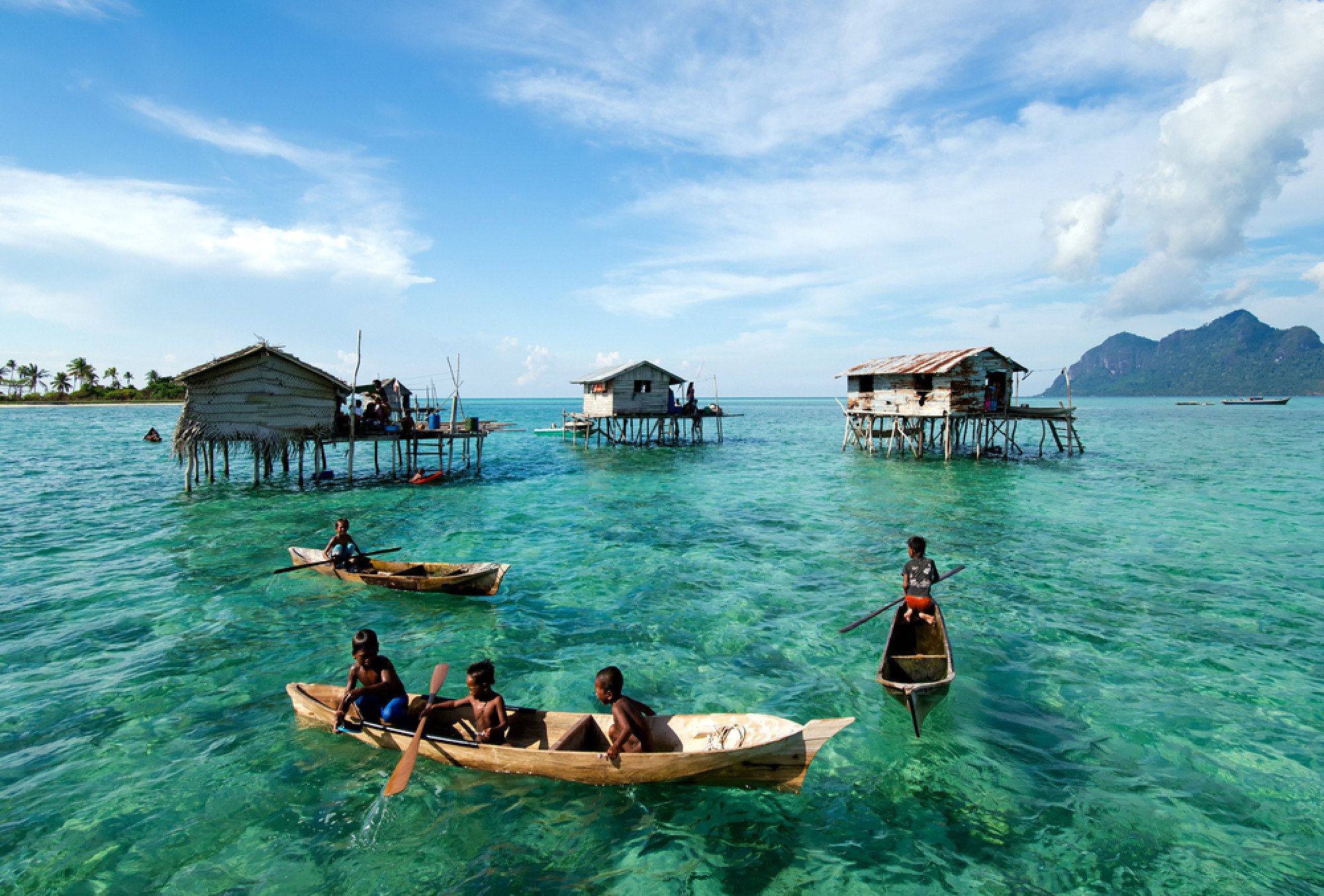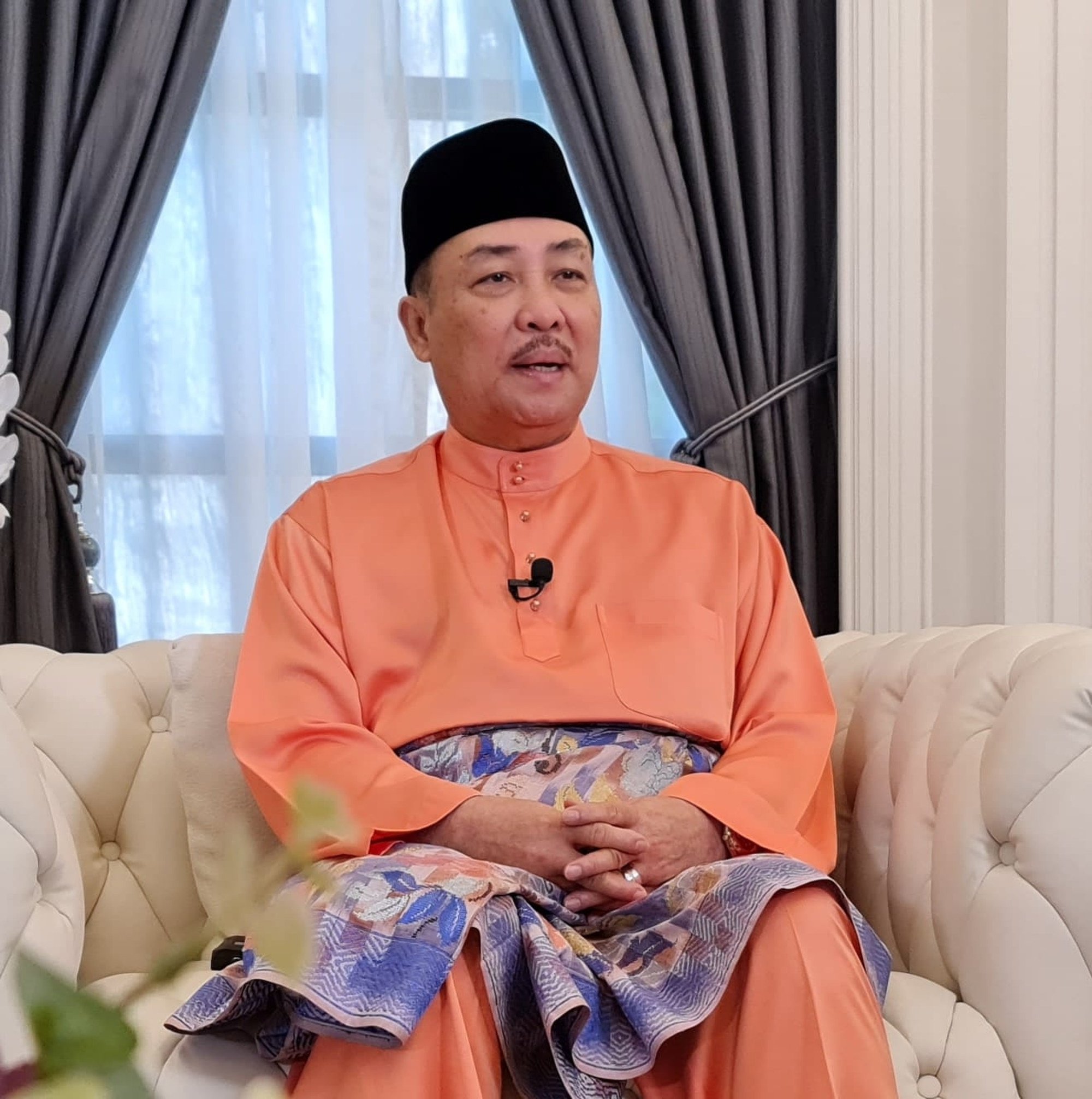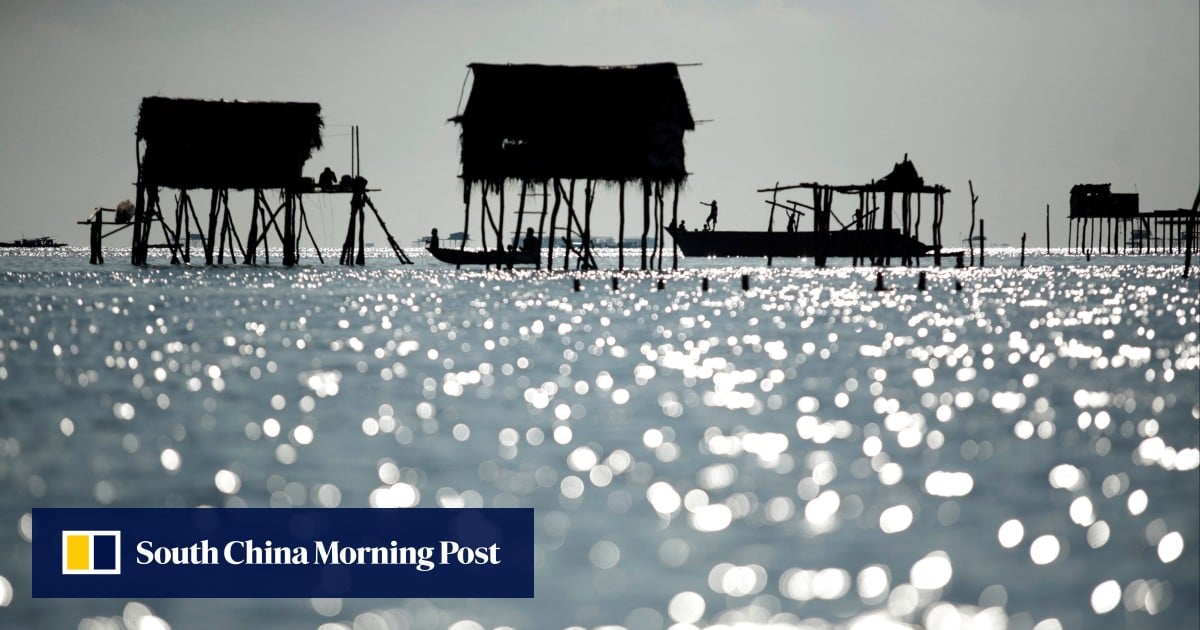The demolition of a Bajau Laut settlement in Sabah has put the spotlight on statelessness in Malaysian Borneo, as activists threaten to march on parliament to demand recognition for marginalised communities in the state.
Authorities were heavily criticised in early June after videos went viral showing uniformed personnel tearing down wooden houses – and allegedly torching others – in an operation to clear alleged squatter colonies on islands off the coast of Semporna district in Sabah’s east coast.
Rights activists alleged heavy-handed treatment, including destroying crops grown by the Bajau Laut, famed for being expert divers able to hold their breath underwater for more than 10 minutes, a trait shared by related communities living in neighbouring Philippines and Indonesia.
The group, known as “sea gypsies”, now had no shelter, a rights defender said.
“Many of them are just scattered and living out in the open since the operation. Some went to Semporna town, some moved to nearby villages,” Mukmin Nantang, the founder of rights group Borneo Komrad, told This Week in Asia.
“Some chose to stay on rocky outcrops on the beach. Those who have some canvas could build makeshift roofs to shelter from the rain, but those who don’t just have to deal with the weather.”
Hundreds more in the area could face another round of evictions, which Mukmin said was unacceptable without government aid for a largely undocumented and illiterate group due to their nomadic lifestyle out at sea.
“We don’t know when they will do it, but they could come at any time,” said Mukmin, who was slapped with a sedition probe on Thursday for raising the issue on his group’s social media accounts.
“If the issue is still not settled, we may carry out a demonstration at parliament. If they are still aggressive [about the evictions], we will do it.”

State authorities say they have for years struggled to deal with the influx of economic migrants mostly from neighbouring Philippines, and also from Indonesia, taking advantage of the state’s porous coastal borders spanning more than 2,000km.
Sabah’s east coast faces the Sulu Sea, a restive waterway where militant groups from southern Philippines such as the Islamic State-linked Abu Sayyaf are known to be active and had in the past carried out kidnap-for-ransom, mostly targeting foreigners.
State tourism minister Christina Liew told local media in early June that the demolition of the Bajau Laut settlement in Semporna was necessary “due to security issues” following a spate of shootings and cross-border criminal activities in the surrounding areas.
In a separate statement days after the operation, she said police sources said “some homeowners burned their houses during the absence of the [operations] team in the area to get this issue viral on social media and garner sympathy and attention from netizens”.
Sabah Chief Minister Hajiji Noor later said the state government would consider helping the affected Bajau Laut community relocate.

But in a sign of festering resentment in a poor and remote area, his comments sparked angry retorts from locals complaining that undocumented migrants were receiving special attention.
Activists argue the Bajau Laut are not migrants and have existed in the state for generations before the formation of Malaysia more than 60 years ago and deserve to be granted citizenship.
Anti-discrimination group Pusat Komas said the Bajau Laut eviction case showed the federal and state governments had “washed their hands” of the issue of statelessness in Sabah, where up to a third of the state’s 3.6 million population are believed to be undocumented, according to estimates by the government and civil society groups.
“It is a politically non-winnable issue. Because of that the government’s only way is to clear out settlements, break this, break that … but the question is where will the Bajau Laut go, where will they end up?” Pusat Komas Director Jerald Joseph said.

